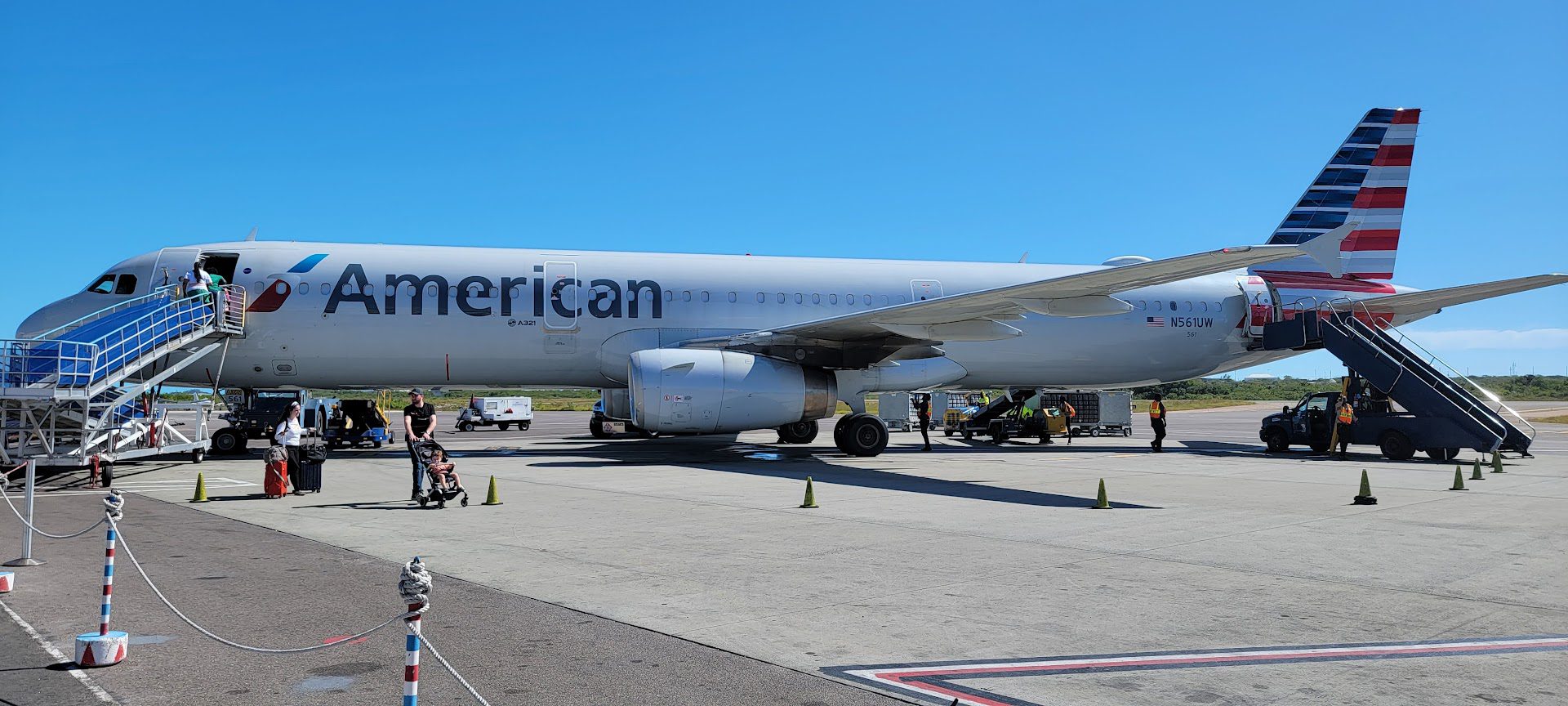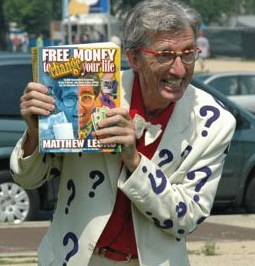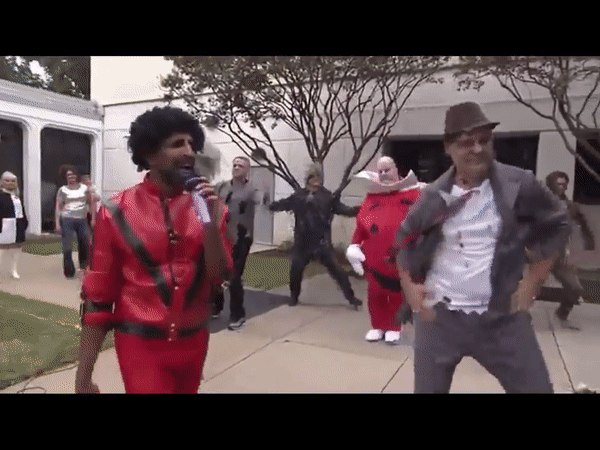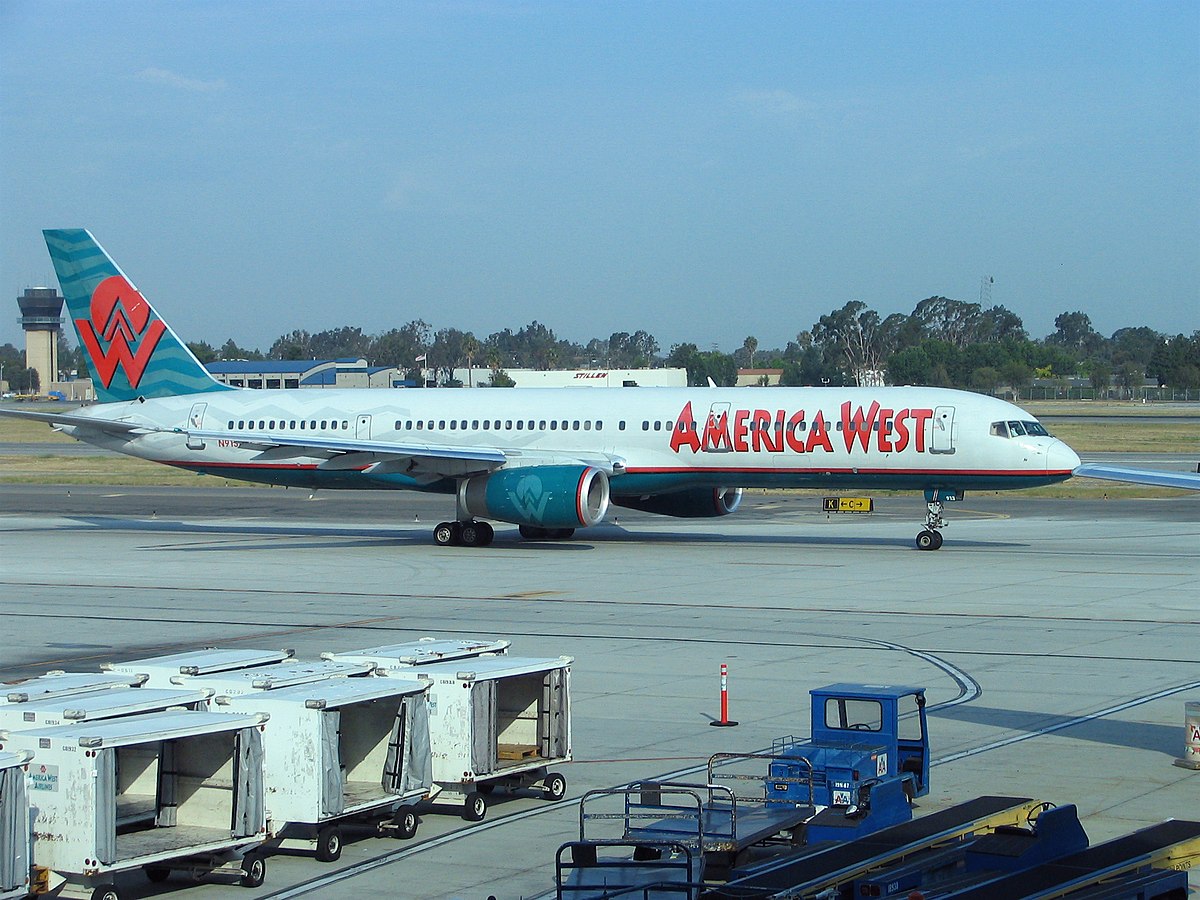Former American Airlines CEO Doug Parker co-hosted the Airlines Confidential podcast this week. He began talking about mass layoffs at Southwest Airlines, correctly calling it out as “short-termism” and a mistake.
He’s uniquely positioned to offer that judgment, having furloughed more workers than any airline CEO in history and spent the bulk of his career making short-term decisions like borrowing money to fund stock buybacks.

This week’s guest on the Airlines Confidential podcast was flight attendants union head Sara Nelson. Since retirement, Doug Parker has been taking victory laps with her over their ability to work together to secure three rounds of massive subsidies during the pandemic. Parker offers,
If not for Sara Nelson, the U.S. airline industry would have shut down in early 2020 and not resumed flying until demand returned…probably at least a year later…Sara’s leadership allowed us to get..payroll support…it was an amazing effort…it is important to me that I say that. At the time we were doing this together we really couldn’t publicly thank each other because we were working at opposite ends of the spectrum in D.C. But I told her then that one day I was going to let everyone know what she had done for them, and this is one of those days. So, thanks again Sara.
And Nelson responds,
Doug thanks but I’m going to take the opportunity to say this never would have happened without you. And I haven’t been able to say that publicly. You have actually done this several times in a room full of aviation people.. but it was really our efforts together that made this possible. As I was looking around the table March 18th of 2020 as we put that together…we were the only two people, with the exception of Nick Calio who was at the White House, who went through 9/11 together…we came at it from two very different perspectives but we had the same interests.
Nelson explained her approach to getting what she wants in Washington:
- define the problem to get peoples’ interest, to listen to us
- set your demands, in a crisis lead with very clear, simple solutions
- back up what you’re willing to do to get your demands
- add urgency
- go in with relationships already built

For Parker and American, this was the heist of a lifetime. He spent all his time in D.C. lobbying for it. Without Nelson’s cover with the narrative about workers, and bringing along Democratic leadership (and in one telling ordering around Democratic leadership), it would never have worked. Together, they robbed the American people of $54 billion in direct cash, $25 billion in subsidized loans, plus money for airline contractors and tax subsidies as well.
- To see this, just look at the second and third round of subsidies (“PSP 2” and “PSP 3”) which were passed when we knew the worst of what was happening in the industry, and they were already bringing back workers. The total number of furloughs happened and was known. And the combined $29 billion from those two bailouts at most involved 15% going to cover the costs of those employees, and 85% going straight to the airlines. At American that meant taxpayers taking a haircut instead of shareholders.
- The money was supposed to go to keep workers attached to airlines so airlines were ready to fly when customers returned. That did not happen.
- American shed 30% of non-union staff, threatening them with the end of the first round of subsidies (that they’d get a better deal on health care and travel if they left ‘voluntarily’ rather than sticking around).
When future funds were authorized American told non-union workers that if they had found new work elsewhere they could not come back and get paid. The airline kept employees separated rather than connected, and kept more of the cash.
- And Parker’s American didn’t keep pilots current, so lacked the pilots to fly when rebuilding schedules to sell to passengers. That led to operational meltdowns.
- The money even went to Delta and Southwest that had pledged not to furlough workers.
American took about $10 billion in direct subsidies plus subsidized loans. It was the scam of the century, and he and Nelson are patting each other on the back for it. That’s shameful. But very on-brand.
What turned Parker from an obscure and likely short-lived leader at America West, whom we might never have heard from again, into the man probably most responsible for the race to the bottom in U.S. commercial aviation was his persistence in obtaining government subsidies after 9/11.

Doug Parker Testifying For Airline Subsidies, 2001
In his telling, he was relentless in securing government cash even in the face of formal rejection. That positioned him to ultimately take over twice-bankrupt US Airways which had sloughed off pension obligations on the federal government, and ultimately with the help of labor unions (whom he somehow convinced would be better off under his leadership, which turned out wrong) and the Pension Benefit Guaranty Corporation he took over American Airlines. And that’s how the big heist was set up.
Considering those $10 billion in direct cash from taxpayers during the pandemic, it’s striking that the company’s entire market cap is now about $10 billion in total. Parker avoided bankruptcy by pretending this was all about workers – the same story he told himself about why sought to merge with airline after airline (he says that was never about his own ego, even though a deal with United fell apart when it became clear he wouldn’t lead the combined entity).
It’s a key part of his legacy so he’s desperate to spin the story – as much as self-deprecating Halloween skits that are now getting United’s Scott Kirby in trouble.

Never forget that the acolyte of Bill Franke from his days at America West (who turned Spirit Airlines into an ultra low-cost carrier, controls Frontier today, and gave us Wizz Air and Volaris) made U.S. aviation the consolidated lowest common denominator business that we now experience.

Credit: randomduck via Wikimedia Commons
He’s the godfather of consolidation – fewer airlines, fewer choices – while cramming more people onto planes with less room. He led the race to the bottom – and when you stopped buying his tickets after 9/11 and the global pandemic, he made you pay for it anyway. Yet his strategic blunders, such as falling behind Delta and United in passenger experience and relinquishing slots and gates in New York to Delta, plus loading up on debt to fund stock buybacks leave American Airlines struggling the way it is today.
